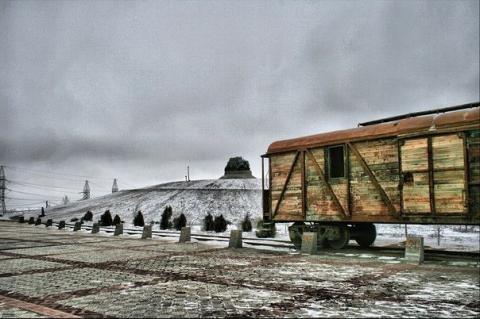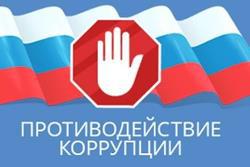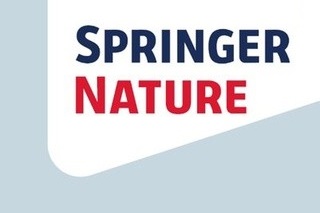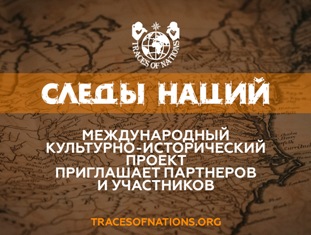Статья
Автор | RUS Тувинский институт гуманитарных исследований ENG |
Заглавие | RUS СИСТЕМА НАЛОГООБЛОЖЕНИЯ В ТУВЕ В ПЕРИОД НАХОЖДЕНИЯ В СОСТАВЕ ЦИНСКОЙ ИМПЕРИИ ENG The System of Taxation in Tuva in the Period of its Incorporation into the Ch’ing Empire |
Аннотация | RUS ENG |
Ключевые слова | налог ◆ пушнина ◆ повинности ◆ Маньчжурская империя ◆ тувинские хошуны ◆ пограничные караулы ◆ tax ◆ furs ◆ duty ◆ the Manchurian Empire ◆ Tuvan khoshuns ◆ border guards |













